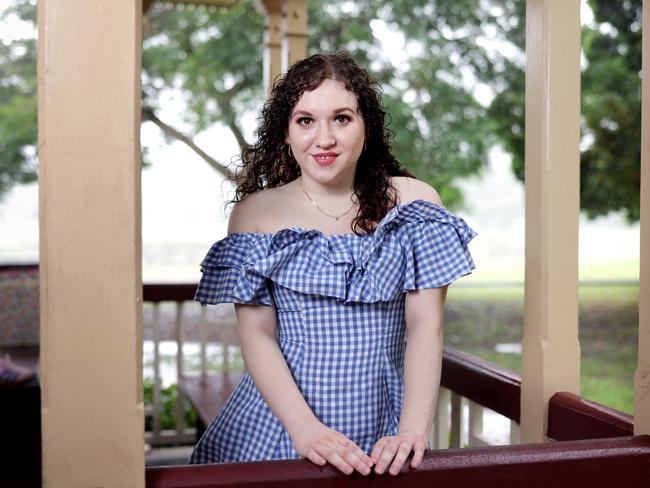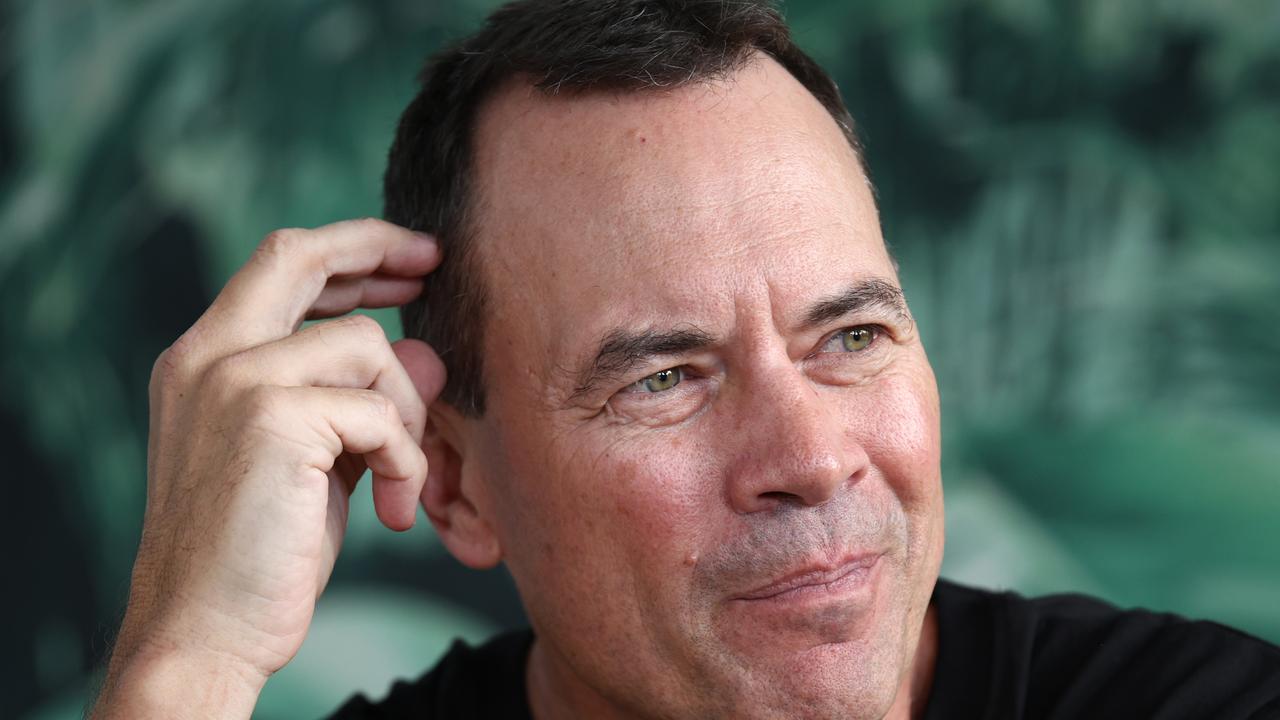Australian birthrate drops to all-time low, as Gen Z opt out of having children or put kids on hold
There’s two key reasons behind the damning decline in Australia’s birthrate, with our output having halved since 1960.

QLD News
Don't miss out on the headlines from QLD News. Followed categories will be added to My News.
Skyrocketing cost of living pressure is causing people to give birth later in life and Gen Z women to rethink having children altogether.
It comes as Australia’s birthrate has dropped to an all-time low, having halved since 1960, a new study has revealed.
Data from the Australian Bureau of Statistics (ABS) has shown a whopping 52 per cent of Australians under the age of 35 are putting off having kids until later due to cost of living, career and relationship timing.
The median age of parenthood has also increased to 31.9 for mothers and 33.8 for fathers with the cost of raising a child the biggest barrier for Australians (49 per cent).
Birthrates have also halved since 1960 from 3.55 children per woman to just 1.5. Almost half of Australians said the cost of raising a child was the biggest barrier to parenthood, with 49 per cent citing affordability ahead of issues such as job security, housing and mental health.
Brisbane woman Britney Hinze, 26, said she never had the “maternal desire” to have children.
“It’s really just not for me and I’ve been with my partner for almost three years and I asked him on the first date, I was like, ‘Do you want kids?’,” she said.
“I want to see the world and I know … people do that and have kids – but I just I feel like you have to sacrifice something either way.”

Ms Hinze said the cost of living was another reason she did not want children.
“Can you even afford to own a home and raise a child at the same time?” she said.
According to the figures, “desire for personal freedom and flexibility (eg travel, hobbies)” was in the top 10 concerns for having kids at 19 per cent.
McCrindle social researcher Geoff Brailey said those people that did want children, often desired smaller families.
“I think this complex equation of establishing a career is important, finding security amidst uncertainty is important, and that’s both financial. It’s also that mental health and managing mental wellbeing,” Mr Brailey said.
Founder Mark McCrindle said the shift towards smaller families would “reshape society for decades to come”.
“Today’s birthrate is not enough to sustain our population long-term,” Mr McCrindle said.
Queenslander Urja Shah, 18 said the cost of living was “mental at the moment” and she would consider having kids later in life.
“You don’t want to have a child when you can’t even afford to raise it,” she said.
“My parents also did the same thing, they prioritised their careers, and then they had kids when they were stable.”
Meanwhile Nicole Hanssens, 20, said she had also never wanted kids.
“And I don’t think that’s ever going to change,” she said.
“I can barely look after myself, let alone a whole other human being.”
Originally published as Australian birthrate drops to all-time low, as Gen Z opt out of having children or put kids on hold



